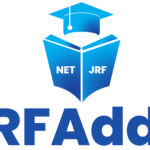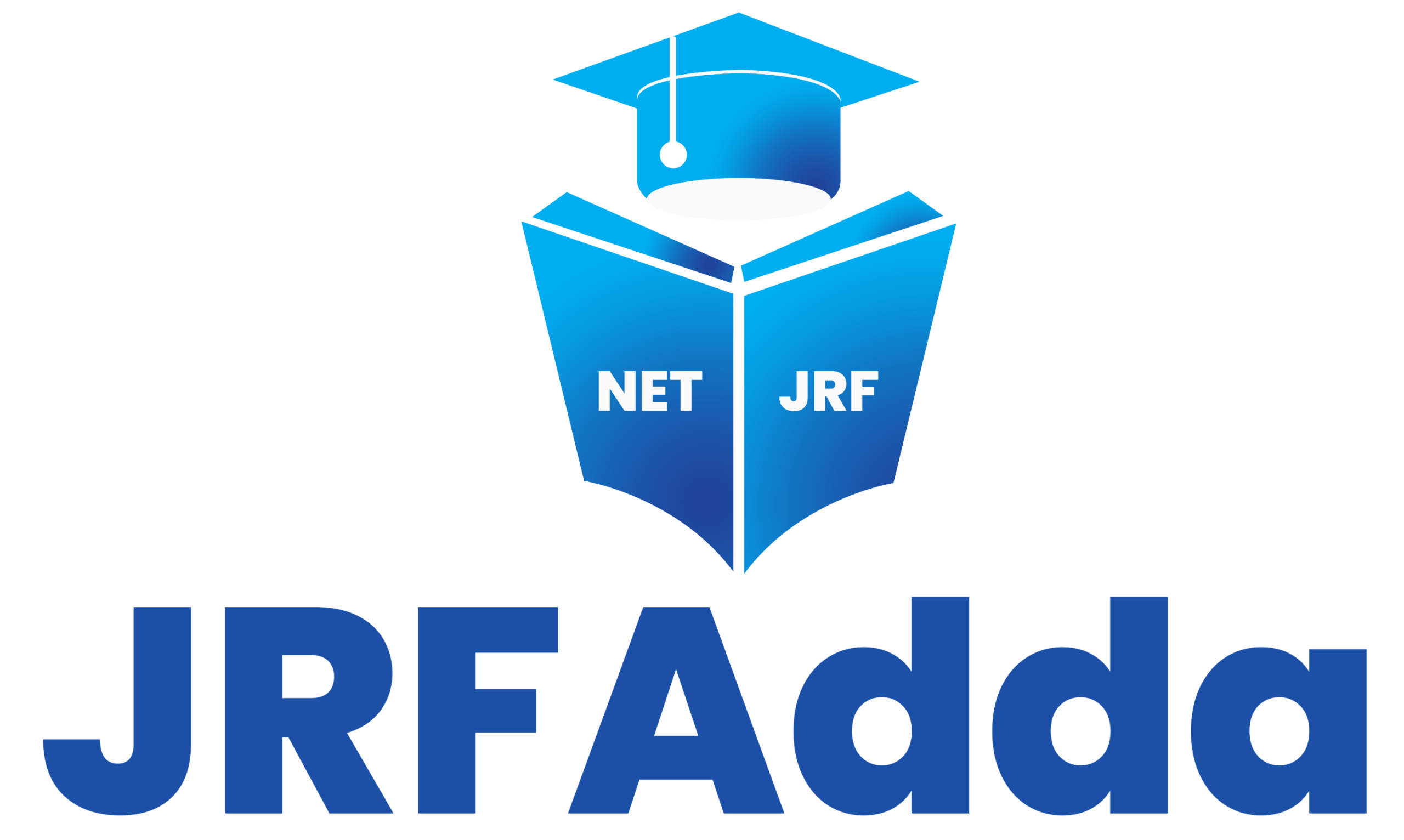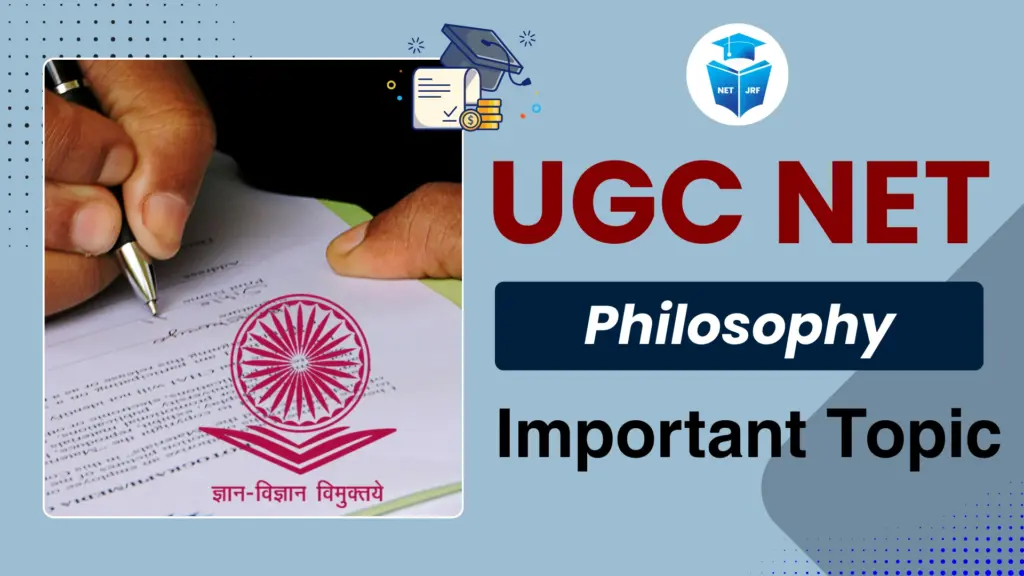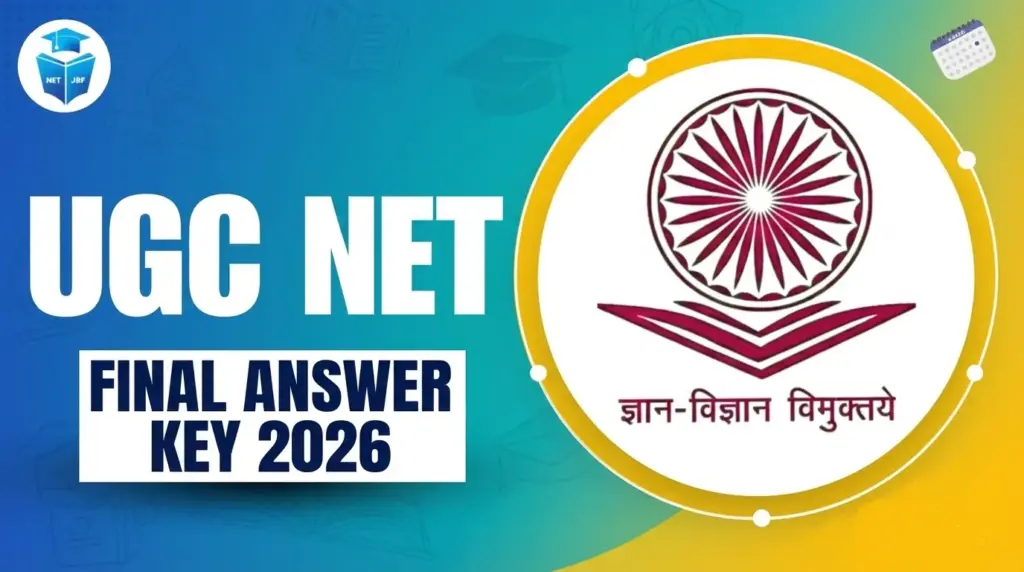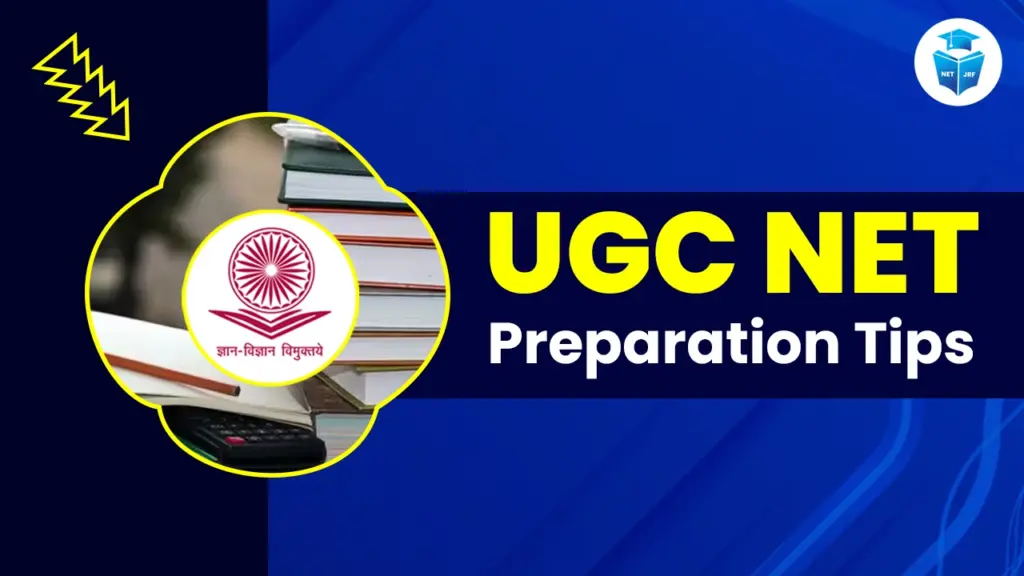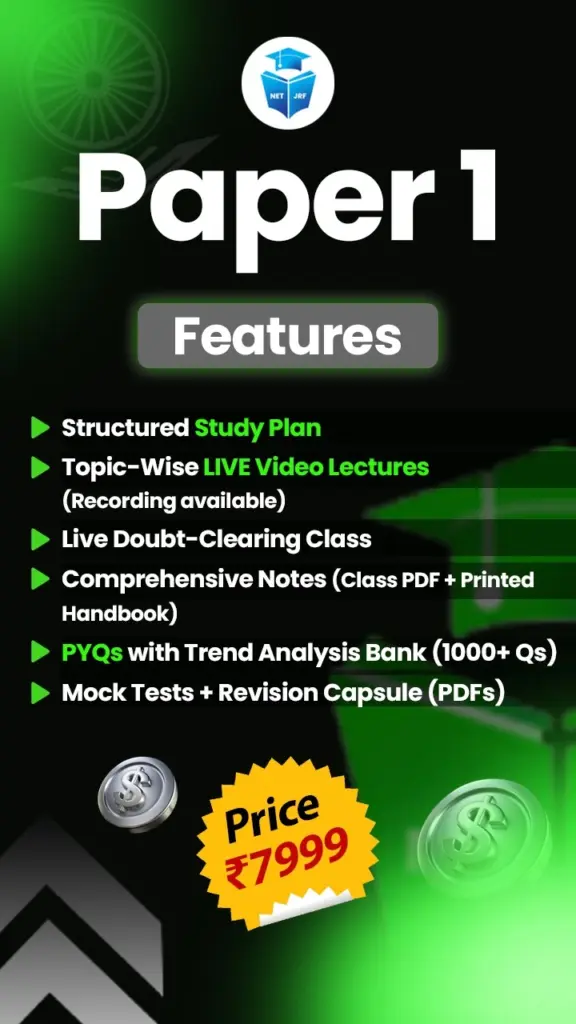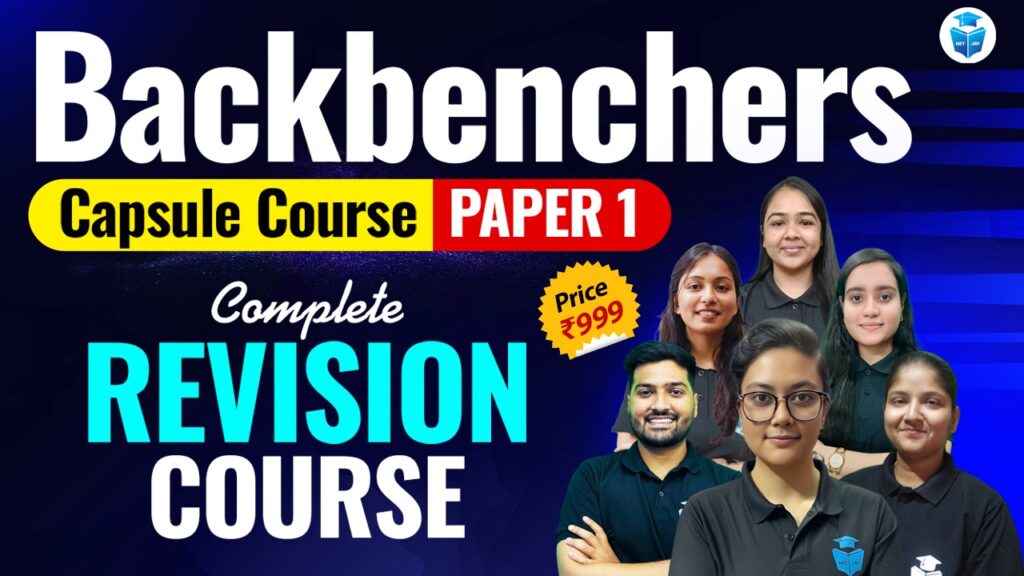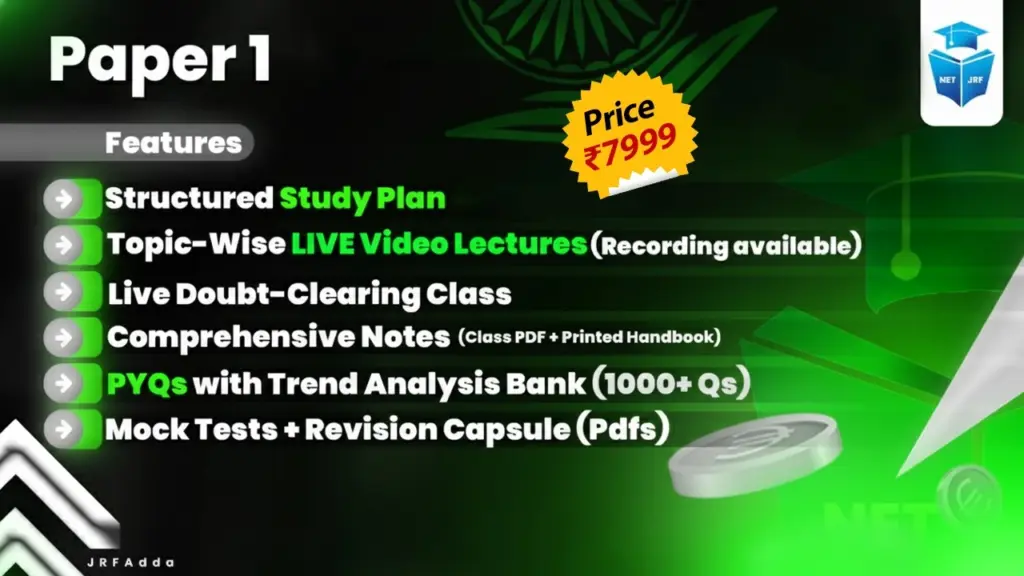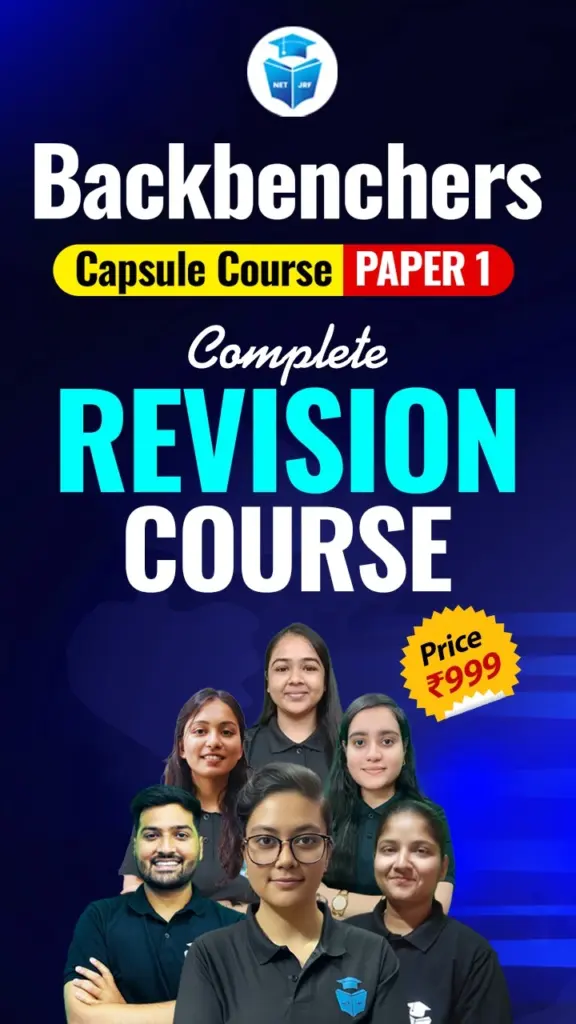UGC NET Environmental Science Question Paper 2025 for the December session will be released once the exam has commenced. The National Testing Agency (NTA) has scheduled the Environmental Science Exam 2025 on 7 January 2026 in shift 2 from 3:00 PM to 6:00 PM for candidates willing to work as Assistant Professors or obtain Junior Research Fellowships (JRF) in Environmental Science. Analyzing the UGC NET Environmental Science Question Paper 2025 after the exam is an important step in evaluating one’s performance in the exam and understanding the difficulty levels of the exam.
The UGC NET Environmental Science Question Paper 2025 PDF will be available here to download and evaluate after the exam has been conducted.
Enroll Today- JRFAdda General Paper 1 Online Test Series
UGC NET Environmental Science 2025, Exam analysis
UGC NET Paper 1 2nd shift on 7 January 2026 maintained a moderate overall difficulty level, with good attempts ranging from 40-45 out of 50 questions. The paper balanced conceptual, PYQ-based, and assertion-reason questions across all units, featuring moderate challenges in Logical Reasoning (syllogisms, statement-based) and Data Interpretation (table/graph with percentages/ratios), while ICT basics and Teaching Aptitude proved easier. Reading Comprehension involved factual/inference tasks from one passage, and the Higher Education System emphasized NEP 2020 chronology, making the paper manageable for prepared candidates with strong time management.
Also Read: UGC NET Paper 1 Exam Analysis 2025 December
Also Read: UGC NET Exam Analysis 2025 December
UGC NET Environmental Science Eligibility Criteria 2025
The National Testing Agency (NTA) conducts the UGC NET Environmental Science 2025 examination to find out the eligibility for Assistant Professor and/or Junior Research Fellowship (JRF) posts in Environmental Science. While practicing with the UGC NET Environmental Science Question Paper 2025 is important, having a complete understanding of the eligibility criteria is just as important. The following are the complete UGC NET Environmental Science eligibility conditions:
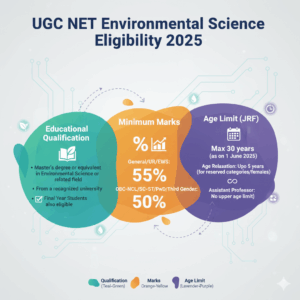
| Criteria Type | Details |
| Educational Qualification | Master’s degree or equivalent in Environmental Science or a related field from a recognized university. |
| Minimum Marks (General/UR/EWS) | Minimum 55% marks in Master’s degree (not rounded off). |
| Minimum Marks (OBC-NCL/SC/ST/PwD/Third Gender) | At least 50% marks in Master’s degree (without rounding off). |
| Final Year Students | Final-year/awaiting result candidates can apply; must obtain the degree within 2 years from the date of NET result with required marks. |
| JRF Maximum Age (as on 1 June 2025) | 30 years |
| Age Relaxation – OBC (NCL)/SC/ST/PwD/Female/Third Gender | Relaxation of up to 5 years on the upper age limit for JRF. |
| Age Relaxation – LLM Degree | Additional 3 years relaxation on JRF upper age limit. |
| Age Relaxation – Research Experience | Up to 5 years, depending on the period spent on relevant research. |
| Assistant Professor Age Limit | No upper age limit for Assistant Professor eligibility. |
Also Read: UGC NET Eligibility Criteria
UGC NET Environmental Science Paper Pattern 2025
The UGC NET Environmental Science Paper Pattern 2025 is important to understand to become eligible for Assistant Professor and Junior Research Fellowship (JRF) in Environmental Science. The following is a descriptive overview of the UGC NET Environmental Science Paper Pattern 2025:
| Component | Details |
| Mode | Computer-Based Test (CBT) |
| Papers | Two: Paper I (General Aptitude) and Paper II (Environmental Science Subject) |
| Duration | 3 hours (180 minutes) for both papers combined |
| Total Questions | 150 (Paper I: 50 questions; Paper II: 100 questions) |
| Total Marks | 300 (Paper I: 100 marks; Paper II: 200 marks) |
| Question Type | Multiple Choice Questions (MCQs) |
| Marking Scheme | +2 marks for each correct answer; no negative marking |
| Session | Both papers conducted in a single session without any break |
Also Read: UGC NET Exam Pattern 2025
UGC NET Environmental Science Syllabus 2025
The UGC NET Environmental Science Question Paper 2025 is prepared based on the latest UGC NET Environmental Science Syllabus 2025. The UGC NET Environmental Science Question Paper 2025 is designed to assess the candidate’s comprehensive understanding of environmental concepts, ecological systems, environmental pollution, natural resource management, and sustainable development. The syllabus includes two papers—Paper 1 (general aptitude) and Paper 2 (Environmental Science).
Also Read: UGC NET Exam Date 2025
UGC NET Environmental Science Syllabus Paper 2 Unit-wise Topics
The UGC NET Environmental Science Syllabus Paper 2 in unit-wise format allows for targeted preparation and clarity on the scope of each section in Paper 2. All these units comprise the UGC NET Environmental Science Question Paper 2025.
| Unit | Unit Title | Key Topics Covered |
| 1 | Fundamentals of Environmental Sciences | Structure/composition of atmosphere, hydrosphere, lithosphere, biosphere; Sustainable development; Remote sensing & GIS applications; Environmental ethics |
| 2 | Environmental Chemistry | Chemical kinetics, equilibria, atmospheric chemistry, photochemical smog, water chemistry, biogeochemical cycles, analytical methods |
| 3 | Environmental Biology | Ecology, ecosystems, biodiversity & conservation, population & community ecology, toxicology, environmental biotechnology |
| 4 | Environmental Geosciences | Earth’s origin, minerals and rocks, weathering, soil formation, geochemistry, groundwater, natural hazards |
| 5 | Energy and Environment | Solar, fossil fuels, renewable energy sources, nuclear energy, energy impacts, global warming |
| 6 | Environmental Pollution and Control | Air, water, soil, marine, thermal, noise, and radioactive pollution; Pollution monitoring and control methods |
| 7 | Solid and Hazardous Waste Management | Solid waste types, collection, processing, disposal; Hazardous waste treatment; e-waste and plastic waste management |
| 8 | Environmental Assessment, Management, Legislation | Environmental Impact Assessment (EIA), laws and policies like Wildlife Protection Act, Air/Water Pollution Acts, National policies, International conventions |
| 9 | Statistical Approaches and Modelling | Statistical measures, probability, distributions, hypothesis testing, regression, environmental models |
| 10 | Contemporary Environmental Issues | Biodiversity loss, climate change, water resource projects, forest conservation, waste management, environmental disasters |
Enroll Today- JRFAdda Selection Package Paper 1 UGC NET Dec 2025
UGC NET Environmental Science Syllabus PDF Download
The UGC NET Environmental Science Syllabus PDF Download for the 2026 exam. Here you can find the syllabus for both Paper 1 (General Paper on Teaching & Research Aptitude) and Paper 2 (Environmental Science), available in PDF format.
| Subject Name | Download PDF |
| UGC NET Environmental Science Syllabus 2025 (English) | Download Link |
Also Read: UGC NET Syllabus 2025
UGC NET Environmental Science Question Paper 2025
UGC NET Environmental Science Question Paper 2025 for the December session will be released after the exam completion. You’ll be able to download the UGC NET Environmental Science Question Paper 2025 PDFs once released from the link provided. It provides knowledge about the newest exam pattern, question trend, difficulty level, and the subject matter type prioritized by the NTA.
| Exam Name | Download Link |
| UGC NET Environmental Science Question Paper 2025 December | Available Soon |
UGC NET Environmental Science Previous Year Question Papers
Practice and referring to UGC NET Environmental Science Previous Year Question Papers are important for successful exam preparation. The papers give an indication of the exam pattern, question types, and levels of difficulty, which guide in making strategic studies.
| Exam Name | Year | Download PDF |
| UGC NET Environmental Science | 2024 | Download Link |
| UGC NET Environmental Science | 2023 | Download Link |
| UGC NET Environmental Science | 2022 | Download Link |
| UGC NET Environmental Science | 2021 | Download Link |
| UGC NET Environmental Science | 2020 | Download Link |
| UGC NET Environmental Science | 2018 | Download Link |
Also Read: UGC NET Selection Procedure 2026
Career Scope After Qualifying UGC NET Environmental Science
Qualifying for UGC NET Environmental Science provides access to a broad spectrum of academic, research, and professional careers in India. Following is a list of important career options:
Assistant Professor: Eligible for teaching in colleges/universities with a salary of ₹57,700+ (Academic Level 10).
Junior Research Fellowship (JRF): Monthly stipend: ₹31,000–₹35,000 + HRA and Leads to Ph.D. in top institutes (IITs, CSIR labs, etc.).
Ph.D. Admission: NET qualifies you for direct Ph.D. admission in many universities.
Scientist/Research Roles: Work in CSIR, DRDO, ISRO, CPCB, IMD, and MoEFCC.
Corporate & Consultancy Jobs: Roles: Environmental Analyst, EIA Expert, Sustainability Officer. And Employers: ERM, AECOM, WSP, and Tata Environment Research Center.
NGOs & Think Tanks: Work with WWF, UNEP, or CSE on climate, biodiversity, or advocacy.
Government Jobs: Apply for IFS, UPSC (Environment optional), State PCS, Forest Dept.
Other Options: Environmental author, consultant, startup founder, or foreign Ph.D.
Conclusion
UGC NET Environmental Science Question Paper 2025 will be officially released by the NTA after the December session commences. Once released, the candidates are advised to go through the UGC NET Environmental Science Question Paper 2025 to be able to evaluate their performance or to understand the exam trend, question pattern, and difficulty levels for future attempts. Staying updated with official notifications regarding UGC NET Environmental Science Question Paper 2025 and solving PYQ papers can significantly enhance your chances of success and open doors to fellowships, Ph.D. programs, and teaching positions in reputed institutions.
UGC NET Environmental Science Question Paper 2025 FAQs
What is the eligibility for the UGC NET Environmental Exam 2025?
Candidates should hold a Master's degree in Environmental Science or an allied subject with a minimum of 55% marks (50% for SC/ST/OBC/PwD categories).
When will the UGC NET Environmental Science Question Paper 2025 be released?
The UGC NET Environmental Science Question Paper 2025 will be released after the December session scheduled between 31 Dec 2025 to 7 Jan 2026 has concluded.
Where can I download the UGC NET Environmental Science Question Paper 2025?
The UGC NET Environmental Science Question Paper 2025 will be available to download from the official website or from this article.
How many papers are there in the UGC NET Environmental Science Question Paper 2025?
The UGC NET Environmental Science Question Paper 2025 include two papers—Paper I (General) and Paper II (Environmental Science), held in a single sitting of 3 hours.
What is the minimum qualifying mark for UGC NET Environmental Science?
General category candidates require 40% aggregate, and reserved category candidates require 35% in both papers taken together.
